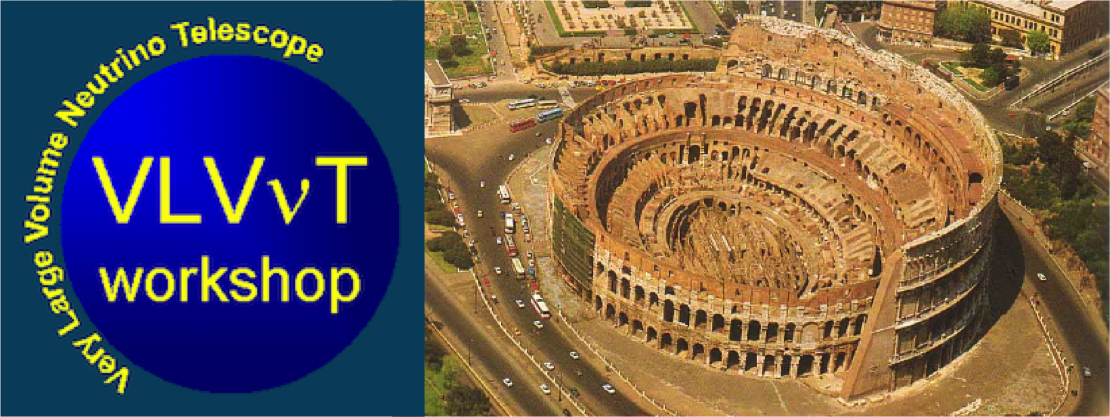Speaker
Dustin Hebecker
(HU-Berlin / DESY)
Description
We report the development status of a single-photon sensor that employs wavelength-shifting and light-guiding techniques to maximize the collection area while minimizing the dark noise rate. The sensor is tailored towards application in ice-Cherenkov neutrino detectors using inert and cold, low-radioactivity and UV transparent ice as a detection medium, such as IceCube-Gen2 or MICA. The goal is to decrease the energy threshold as well as to increase the energy resolution and the vetoing capability of the neutrino telescope, when compared to a setup with optical sensors similar to those used in IceCube. The proposed sensor captures photons with wavelengths between 250nm and 400nm.
These photons are re-emitted with wavelengths above 400nm by a wavelength shifter coating applied to a 90mm diameter polymer tube. This tube guides the light towards a small-diameter PMT via total internal reflection. By scaling the results from smaller laboratory prototypes, the total efficiency of the proposed detector for a Cherenkov spectrum is estimated to exceed that of a standard IceCube optical module by a factor of 2 or more. The status of the prototype development and the performance of its main components will be discussed.
Primary author
Dustin Hebecker
(HU-Berlin / DESY)
Co-authors
Carl - Christian Fösig
(Universität Mainz)
Dr
Delia Tosi
(University of Wisconsin-Madison)
Esther Del Pino Rosendo
(Universität Mainz)
Krystina Sand
(Universität Mainz)
Lutz Koepke
(Universität Mainz)
Marek Kowalski
(HU-Berlin / DESY)
Markus Gerhard Archinger
(Universität Mainz)
Michael DuVernois
(University of Wisconsin-Madison)
Peter Johannes Falke
(Universität Bonn)
Sebastian Böser
(Universität Mainz)
Timo Karg
(DESY)
Vincenzo Di Lorenzo
(Universität Mainz)
